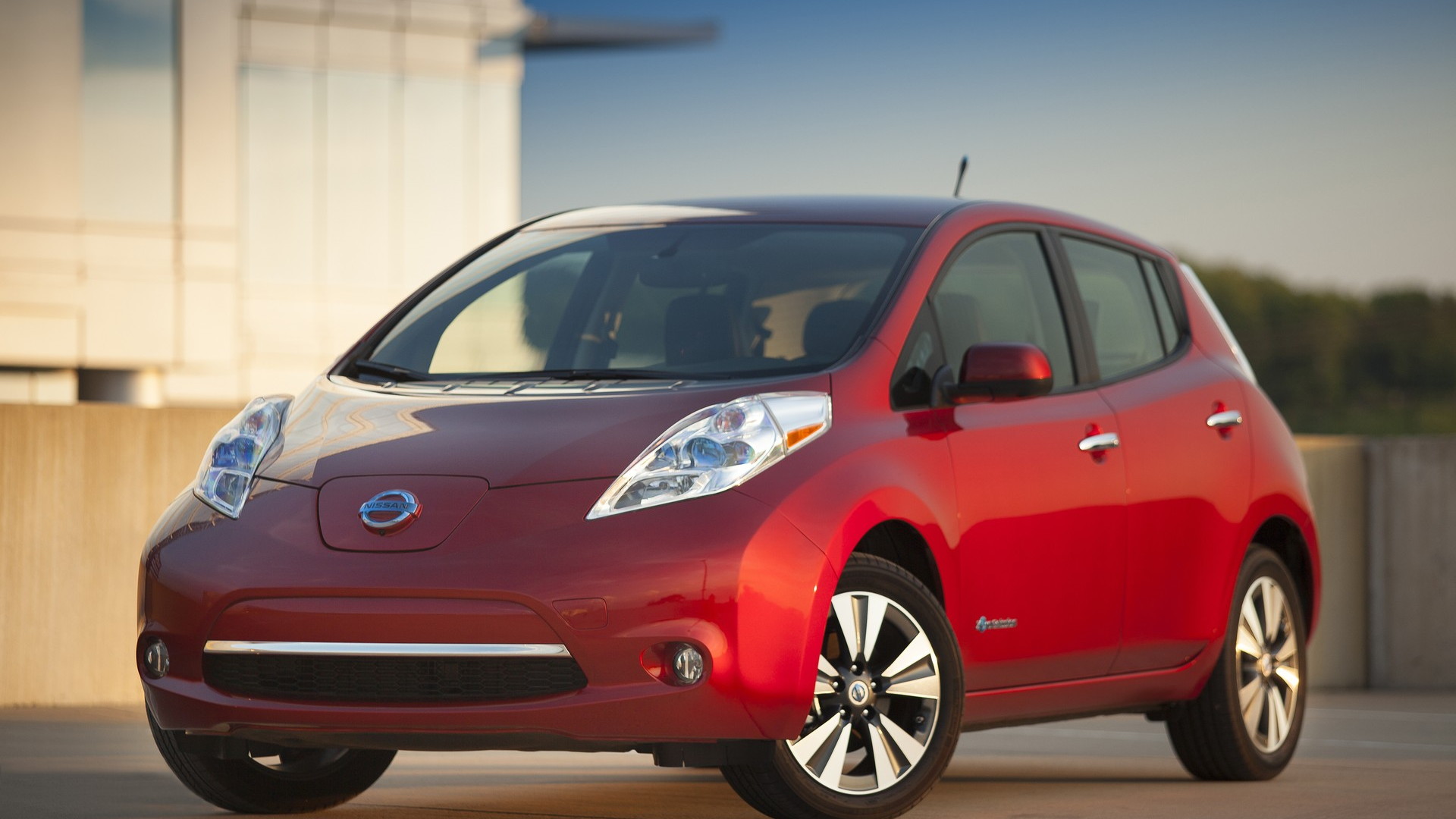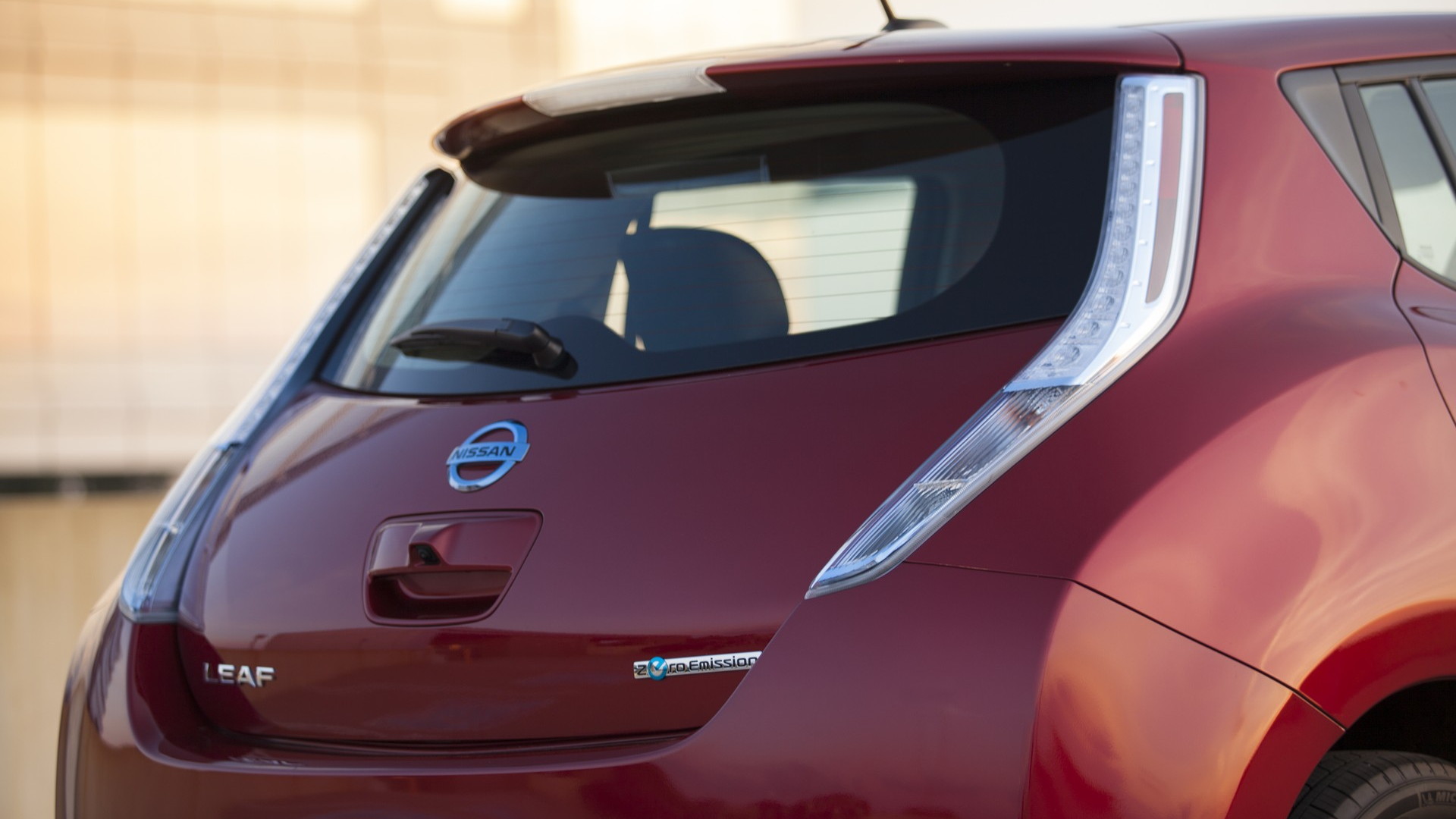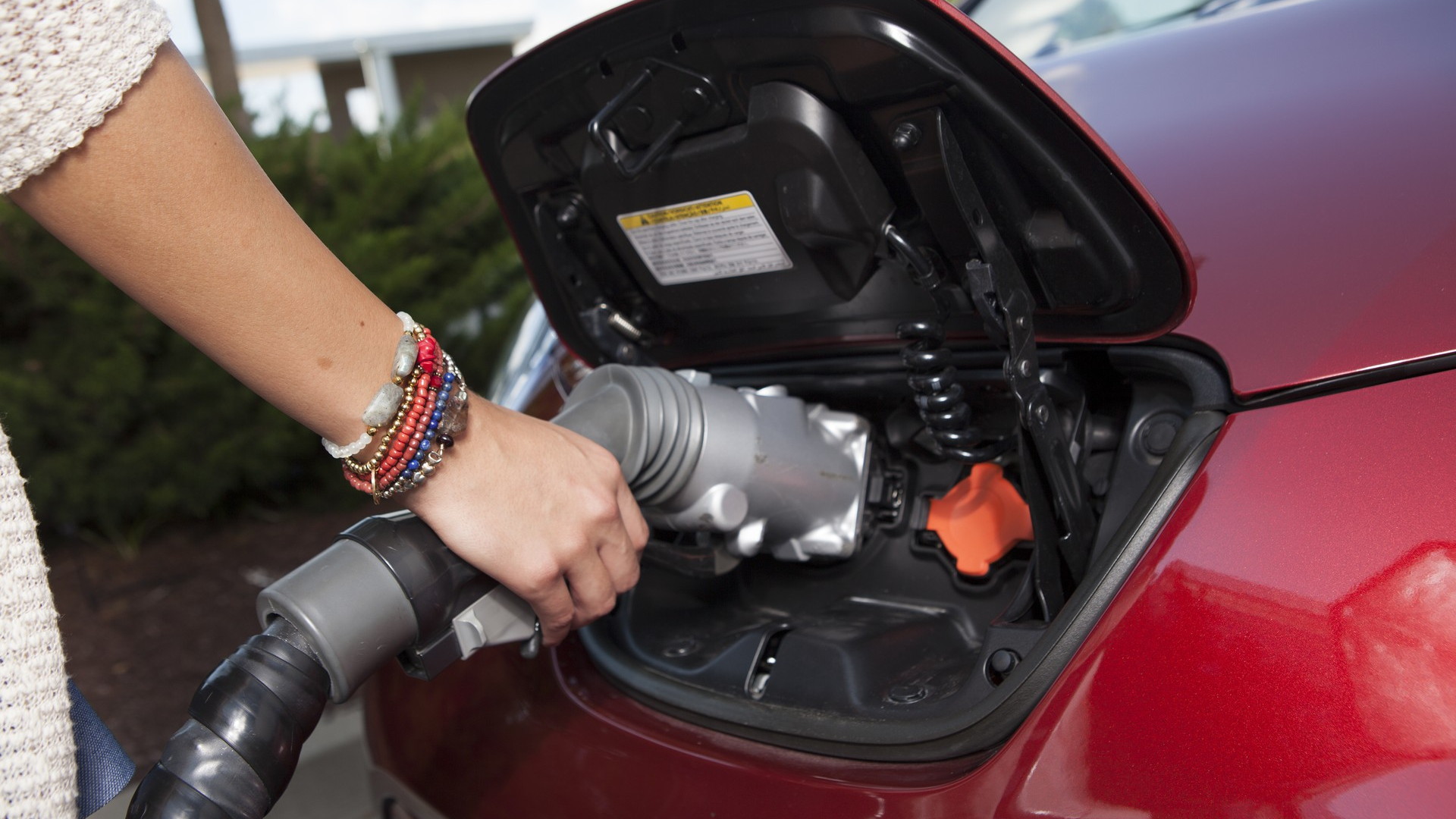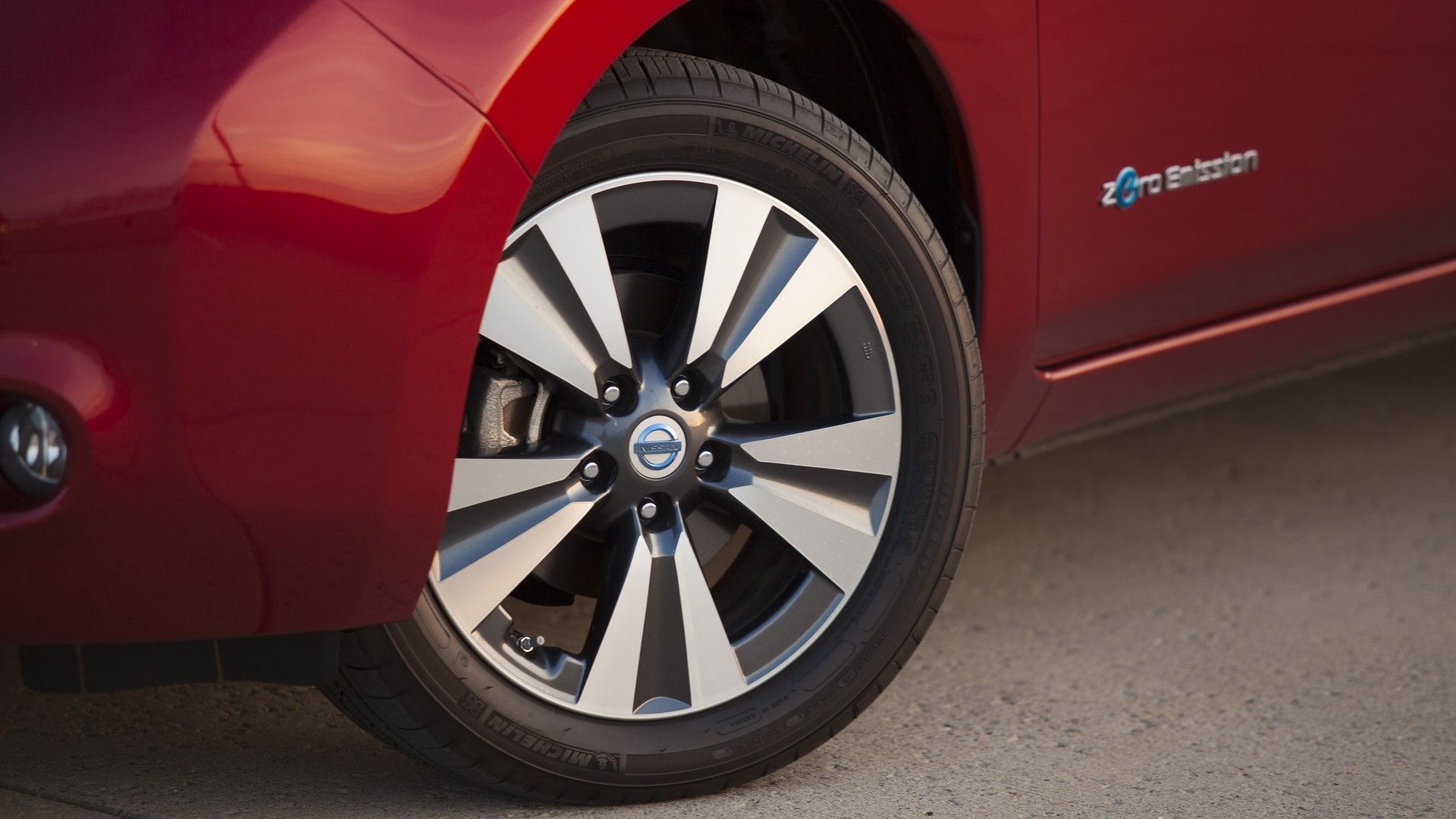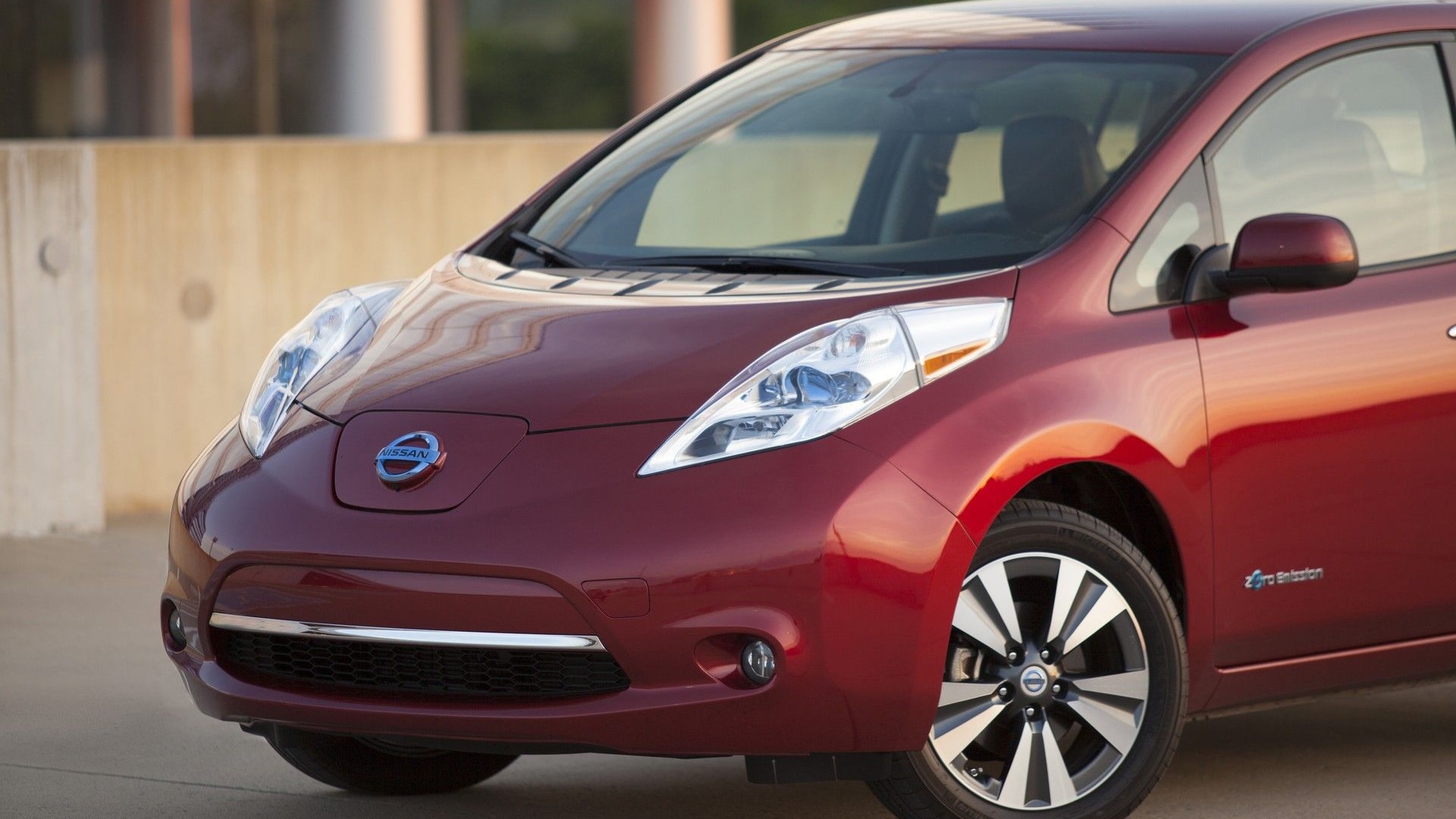Batteries are the key component in building practical electric cars.
And for its first all-electric Leaf in 2011, Nissan developed its own proprietary lithium-ion battery pack--even planning and setting up its own assembly facilities to build them.
That trajectory started back in 2007, but today, the landscape of electric-car battery supply and procurement is vastly different. Perhaps most notably, batteries are integrated into the entire automotive supply chain.
So, seven years later, just how committed is Nissan to keeping battery development, engineering, and assembly in-house?
DON'T MISS: New 2017 Nissan Leaf: More Details On New Styling, Range
“It's a problematic question of the industry,” said Nissan Motor Co. president and CEO Carlos Ghosn,when asked how long the automaker intends to keep lithium-ion cells and battery packs as a core business.
In responding to our question at the Paris Motor Show this past week, Ghosn likened making batteries to automakers' past view of tire manufacturing as a core business, because of the lack of an industry and a competitive market for them.
“With electric cars, we consider that the reason for which we got involved with batteries, at the beginning, is we couldn't find batteries good enough for our cars—so we decided to assemble our own batteries,” Ghosn explained.

Carlos Ghosn
“And we will continue to do that as long as we don't think there are enough good batteries on the market, or we don't think there is competition to sustain the move on batteries.”
Our question follows a Reuters report earlier this month, suggesting that Nissan plans to cut battery manufacturing, phasing out U.S., and British production of proprietary packs as the brand would follow Renault in getting its batteries for next-generation products from South Korea's LG Chem.
Ghosn insisted that batteries will remain a core technology for now: “The day these two conditions are filled, then we may question, 'You know, why do we need to develop our own batteries?' But today it's not the case.”
ALSO SEE: Nissan Leaf New Battery Cost: $5,500 For Replacement With Heat-Resistant Chemistry
That report from last month also noted that Nissan is seeking dual sourcing, and negotiating with NEC Corp., another battery supplier—in addition to LG Chem.
“Today we are still seeing a lot of battery makers,” said Ghosn, adding that some of them are very competitive. “We selected one of them, by the way, to supply Renault needs, which is LG Chem [in the Renault Zoe and Twizy].”
“We'll continue to scrutinize the market,” summed Ghosn, prefacing his answer as very pragmatic.
“As long as we don't see many competitors in the battery business allowing us to be able to access the technology we want for our cars and allowing us to make competition work between the different suppliers, we're going to continue to make our own batteries.”
_________________________________________
